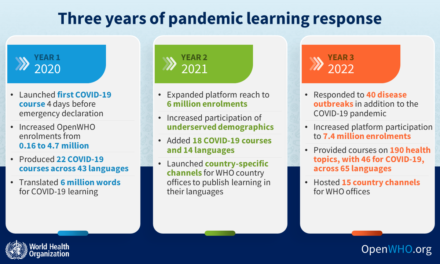Prostate cancer, one of the most common cancers affecting men, carries not only physical consequences but also significant social and psychological burdens. As healthcare professionals stress, it is not just a medical condition—it affects men’s emotional well-being, their families, and the broader society.
The prostate, being part of the genitourinary system, is intimately linked with perceptions of masculinity. Many men feel societal pressure to uphold an image of strength and invulnerability, leading to reluctance in seeking help for health issues, particularly those related to the prostate. This cultural stigma contributes to men avoiding discussions or delaying medical consultations, especially when facing conditions that may be perceived as a threat to their virility, such as prostate cancer.
“Prostate cancer is often regarded as a silent killer because the symptoms can remain hidden for years, which is why early detection is crucial,” said Dr. P. Venkatasimha, Senior Consultant Medical and Haemato Oncologist at Kamineni Hospital. He emphasized that the stigma around prostate health stems from a lack of open conversations. “Many men mistakenly associate urinary problems or sexual dysfunction with a loss of masculinity, preventing them from seeking medical help.”
Recognizing the need to address these challenges, September is observed as Prostate Cancer Awareness Month. The campaign aims to reduce stigma, encourage men to get screened, and promote awareness about early detection, which can vastly improve survival rates.
Healthcare experts advocate for regular screenings for men over the age of 50, or earlier for those with a family history of prostate cancer. Early diagnosis, coupled with modern treatment methods like robotic surgeries and precision radiation, has significantly improved outcomes for patients. However, the social stigma remains a major barrier to early intervention.
“Many men are reluctant to discuss health issues due to the societal pressure to maintain a façade of strength,” noted Dr. Rajesh Kumar Reddy Adapala, Consultant Uro-Oncologist at the Asian Institute of Nephrology and Urology. He underscored the importance of raising awareness about how treatable prostate cancer is if detected early. “Our goal during Prostate Cancer Awareness Month is to dispel myths and provide accurate information about treatment options.”
Prostate cancer does not just affect the body; it has a profound psychological impact. Dr. Francis Sridhar Katumalla, Consultant Urologist at KIMS Hospitals, pointed out that men are often conditioned to believe that discussing issues related to sexual health signals weakness. This adds emotional strain to an already challenging situation, affecting their relationships and mental health.
“Counseling and support groups are vital in helping patients and their families cope with the emotional toll of cancer,” Dr. Katumalla said. “Psychological support is just as important as medical treatment. We must foster an environment where men feel safe to discuss these issues openly.”
Increased public education and a more open dialogue about prostate cancer are crucial steps in breaking the stigma and saving lives. By encouraging regular screenings and reducing the social pressure on men to remain silent, healthcare professionals hope to combat this preventable and treatable disease more effectively.











